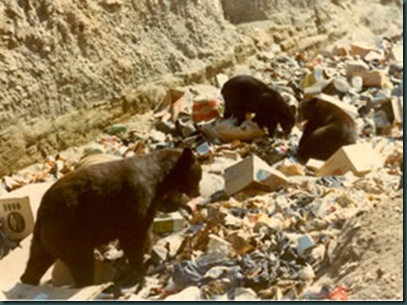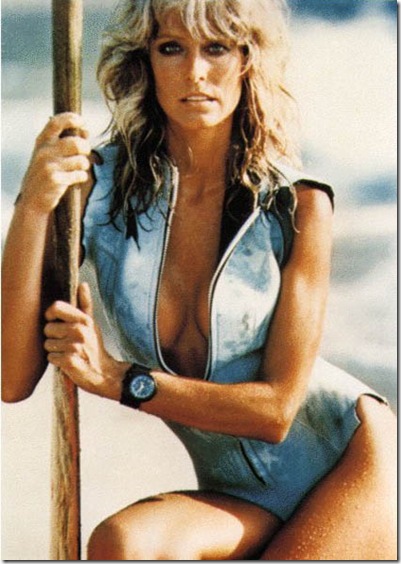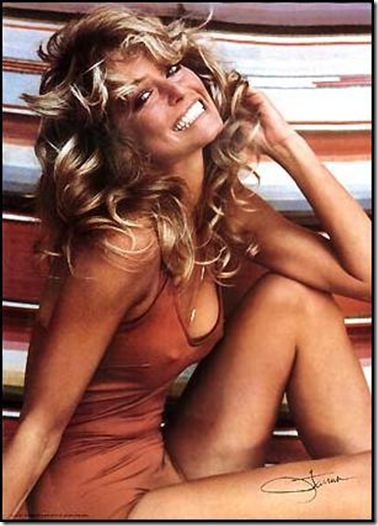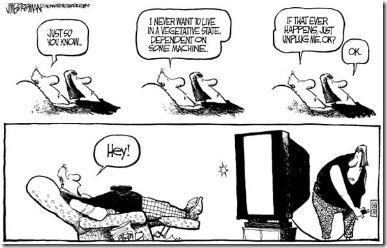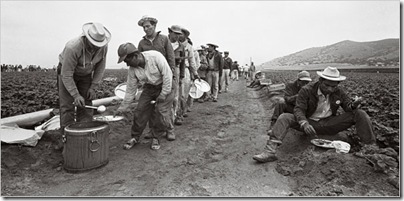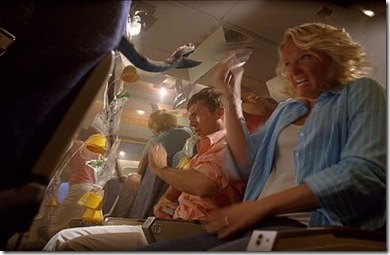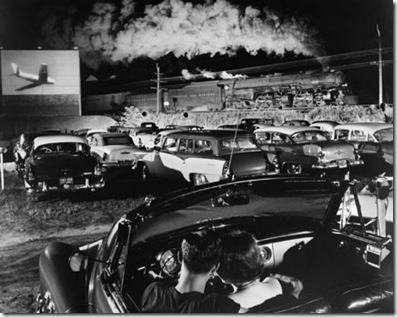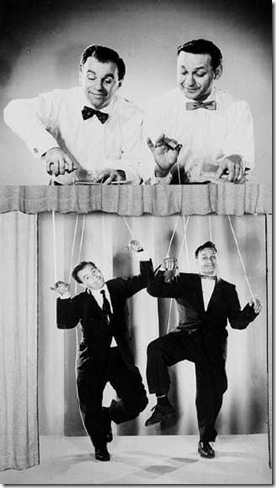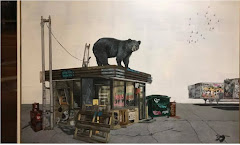I’m on a break for a couple of weeks. Not exactly on vacation. More of on a Quest that’ll either turn out to be very interesting or a total disaster. More on that soon.
I also decided not to write about TV for a couple of weeks. With the CRTC making some major announcements on July 6, I figured I should use this time to clear my head, do a few curls and crunches and get ready for what looks to be “The Big One” – or at least “The Next One”.
Given some of the pre-announcement posturing by some members of the Commission, it would appear they didn’t get the Heritage Committee memo to take “all of a media conglomerates” holdings into account when determining who needs assistance and what kind.
Being servants to the broadcasters seems to be the only job these people think they have.
Anyway, while I’m on my “Quest” I decided to recall some of my favorite vacation memories. Maybe it’ll give those of you who have some free time this summer a few ideas.
When I was a kid in Saskatchewan in the early 60’s, the place my parents usually took my brother and I was Lake Waskesiu in the Prince Albert National Park.
Around the time I turned 10, my mom and dad took up golf. Back then, most Saskatchewan golf courses adapted to the dry weather and lack of water access by not having grass greens.
Instead, the “greens” were a mixture of sand and oil, pressed into a firm flat surface with a garden roller set nearby to erase the footprints and ball impressions of the players once they had finished the hole.
So your second shot likely landed either in the dry sand of a trap or the wet sand where you then putted out. And if the guys behind you were annoying, you just left them some footprints to try to putt around for a birdie.
But Waskesiu had a great course with real greens, so my folks always looked forward to shooting a round or two there each summer.
From the point of view of my brother and I, it was just a great place to swim, canoe to Grey Owl’s cabin, ride horses – and pelt the bears.
One of my contemporaries, Blue Collar Comic Jeff Foxworthy, has a great routine about how parents in our day seemed to have no regard whatsoever to the dangers the world held for us kids. While modern laws demand seat belts, harnesses and car seats for example; Jeff, like me, can recall riding all the way to Florida in the back window of a car.
Among my toys were lethal steel tipped lawn darts, a wood burning iron and a chemistry set that more than once sent my buddies and I scrambling from the basement ahead of some brown toxic cloud.
Parents just didn’t seem to care.
I guess they were from a generation that had dodged artillery and sniper fire and somehow playing with a BB gun or a jack knife just didn’t hardly seem worth a lot of anxiety.
Likewise, the first couple of days of our Waskesiu vacations were spent with them searching out a couple with kids approximately our age, having a few drinks with them and then handing us over to their care and supervision.
On the days mom and dad played golf, we went off with the new couple to do whatever they were doing and then their kids were with us while they went off to shoot skeet or make Molotov cocktails.
Somehow, a couple of Rye and Cokes was all it took to determine that these strangers were not child molesters or looking to sell us into white slavery.
And so we’d head off to bike, horseback ride or rock climb (all without a helmet) and if anybody did need a few stitches at the end of the day – well, what kid doesn’t take a header every now and then.
But looking back on it all, there was one nightly event that now seems utterly, completely insane. But was by far the most fun of going camping.
After dinner, once the white hot coat hangers we roasted weenies on had been put away, we all piled in the car to go to the nearby garbage dump and pelt the bears.
You see, every night, just before dusk, anywhere from eight to a dozen large black bears would come out of the woods and go through the garbage the park staff had dumped in a deep ditch at the end of some lonely forest road miles from the nearest hospital or infirmary.
Carloads of campers would roll up and while the parents sat inside the warm cars, warding off the growing chill by sipping coffee or their first of the evening; all of us kids would get out and scamper to the waist high wood railing that marked the edge of the pit to watch the feeding.
And, not twenty feet from these creatures, we’d laugh and cheer as they shredded trash bags, rent cans with their claws and feasted on the refuse.
What’s more, we’d all brought a couple of apples, baked potatoes or uneaten sandwiches that we’d toss to (or more accurately “at”) the bears, squealing with delight if we managed to draw them closer with the possibility of eating something less “tangy” than what was in the garbage bags.
More than once, I can recall one of my surrogate summer fathers calling out “Bean the Big One!” between chain smokes. And, of course, we would.
Somehow, nobody ever got chased, flayed or eaten.
And despite the disrespectful, environmentally irresponsible behavior, what I also vividly recall are moments when the proximity and uniqueness of the experience made you realize just how special these animals really were.
And -- once we were out of things to throw at the bears, our parents would take us back to the camp where big granite rocks had been heating on the fire embers.
And while we roasted bedtime marshmallows, our parents would tuck those almost molten rocks in our sleeping bags to keep us warm until morning –- when, instead of frostbite, we’d be treated for second degree burns before heading off to a day at the beach without sun block.
Yeah, life was a lot simpler then…
And somehow, we managed to survive –- with stories that kids today will never be able to tell.

